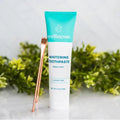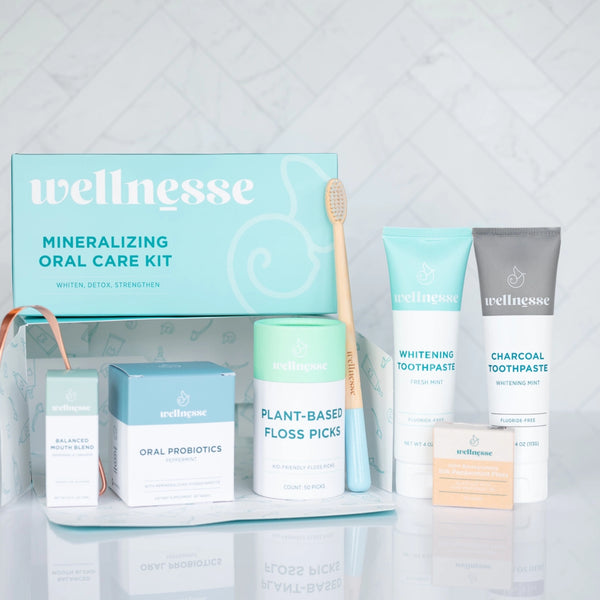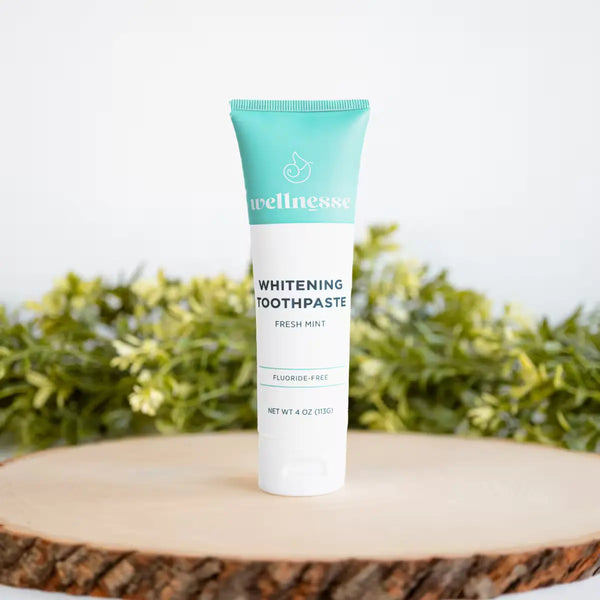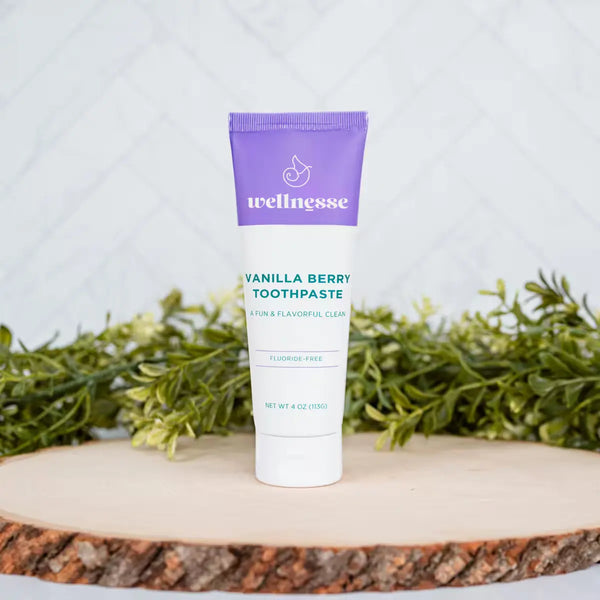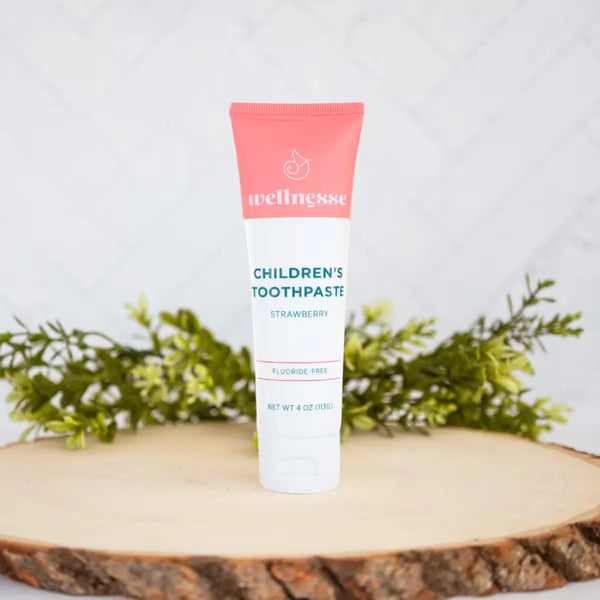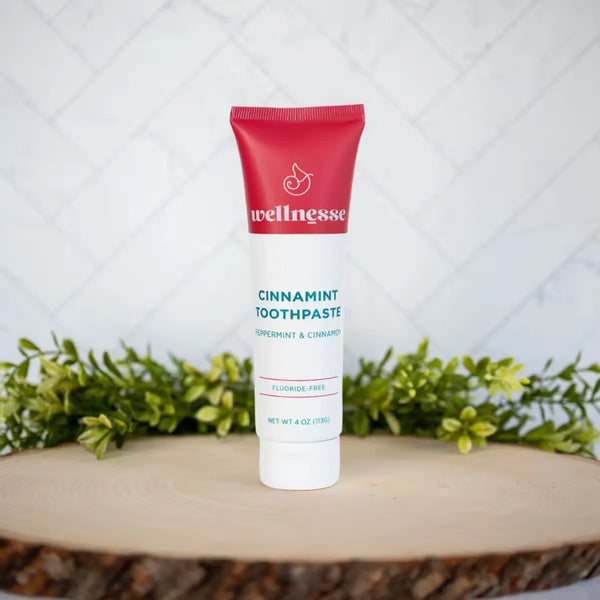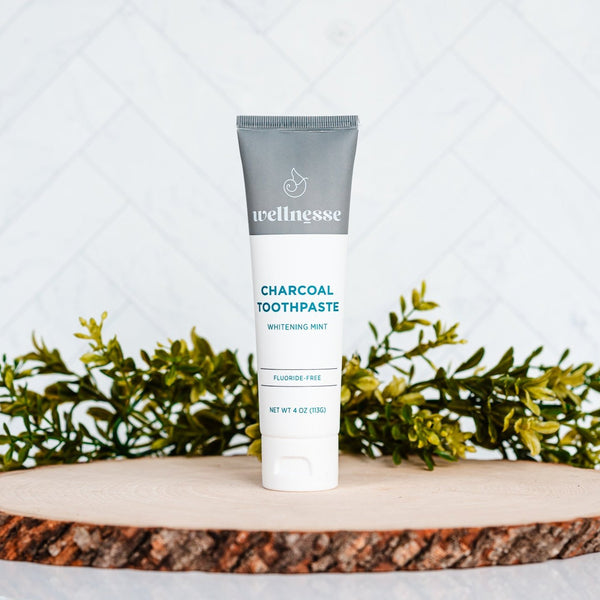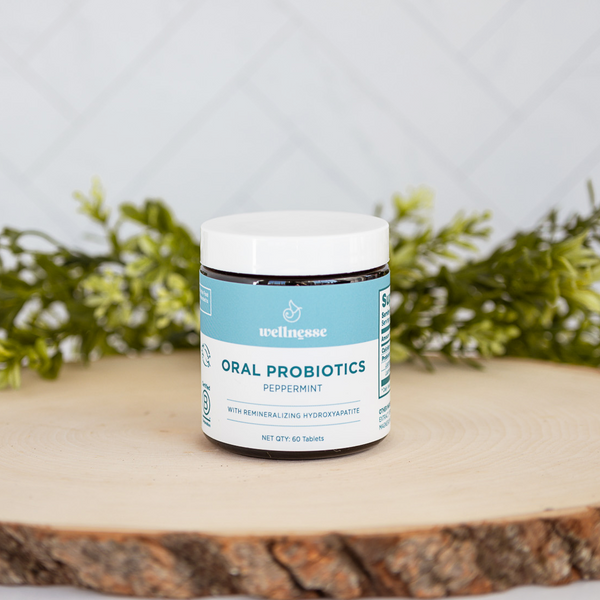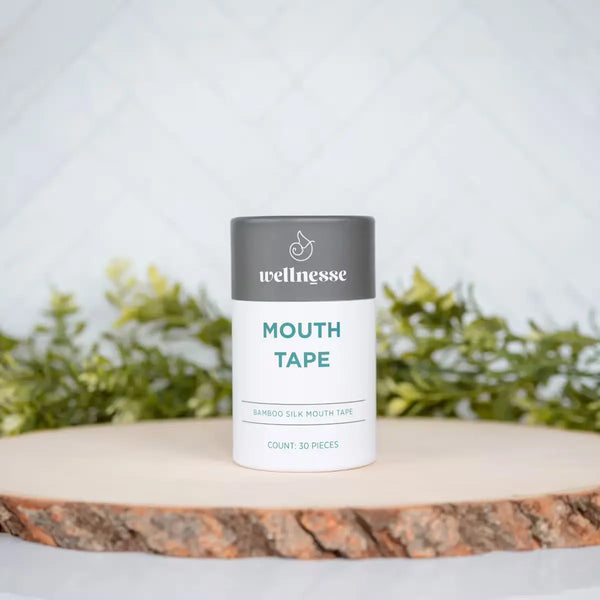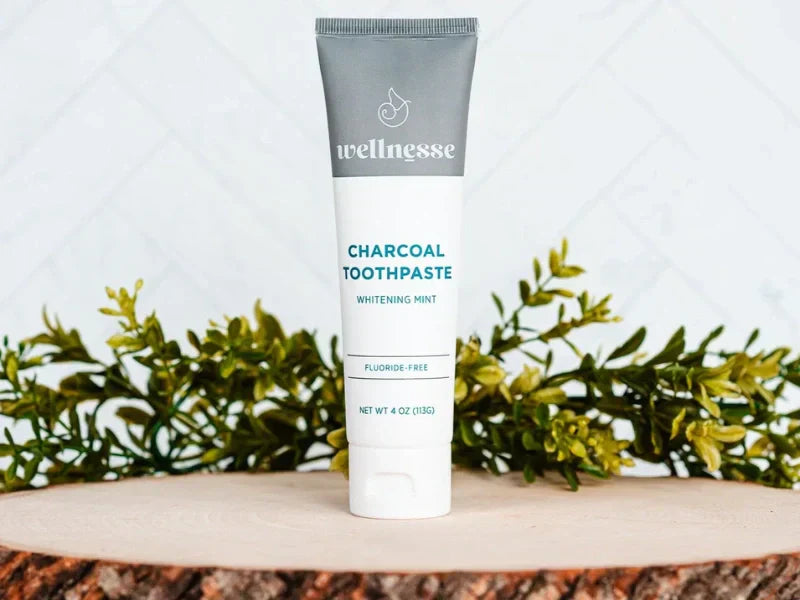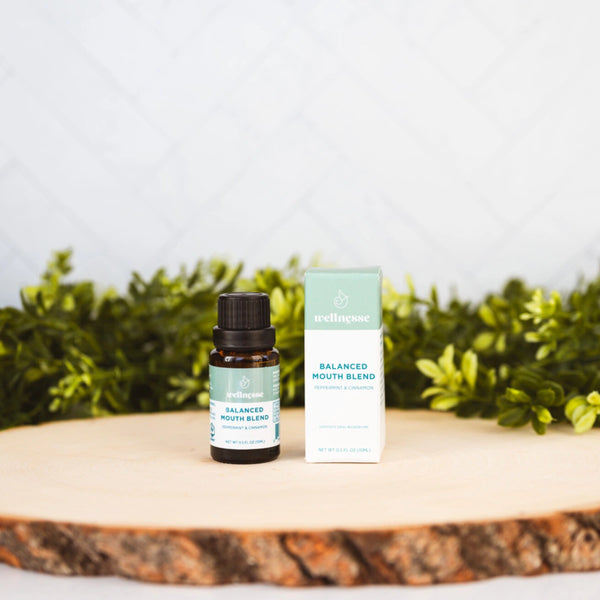In recent years, charcoal toothpaste has made a strong appearance on store shelves and social media. People are turning to this bold black paste because it offers something new and different in oral care. Known for its deep cleaning ability, activated charcoal is now a common ingredient in many products, from skincare to supplements. It’s easy to see why toothpaste brands have started to include it too. For many, the best charcoal toothpaste feels like a smart, modern choice that stands out for its natural appeal and noticeable results.

Charcoal Toothpaste: Trend or Timeless?
Charcoal toothpaste has recently become a striking presence in the oral care aisle, but its story is more nuanced than a simple new trend. While it feels like a modern innovation, charcoal’s use for oral hygiene actually dates back centuries. Historical records show that ancient civilizations, including the Romans, used charcoal and other natural abrasives to clean their teeth. Recipes from 19th-century England also mention charcoal as a key ingredient in homemade tooth powders. Despite these early appearances, this toothpaste in its current form only began gaining mainstream traction in the last decade. The recent surge is closely tied to the broader movement toward natural wellness and “clean” beauty products, where consumers seek out ingredients perceived as pure, minimal, and environmentally friendly.
What is Activated Charcoal?
Activated charcoal is a specialized form of carbon that has been processed to have an exceptionally porous texture and a vast surface area. Unlike the charcoal used for grilling or in art supplies, activated charcoal is made specifically for use in health, beauty, and wellness products, including toothpaste. The process begins with natural, carbon-rich materials such as coconut shells, bamboo, or wood. These materials are heated to extremely high temperatures—often between 1,100°F and 1,600°F—in an environment with little to no oxygen. The next and most crucial phase is called “activation.” During activation, the charcoal is exposed to specific gases or steam at high temperatures. This treatment causes the charcoal to develop a network of tiny pores and channels throughout its structure. The result is a fine, black powder with an enormous surface area relative to its size—just one gram of activated charcoal can have a surface area of up to 3,000 square meters. These microscopic pores are what make activated charcoal so unique: they act like sponges, trapping and holding onto molecules, impurities, and toxins through a process called adsorption (not absorption). In adsorption, substances adhere to the surface of the charcoal rather than being soaked up into its interior.
Charcoal Toothpaste Benefits and Whitening Mechanism
How Activated Charcoal Removes Surface Stains
Activated charcoal works by absorbing impurities, which helps lift stains from the surface of your teeth. Lifestyle habits like smoking often cause these stains. When you brush with charcoal toothpaste, the fine powder gently binds to particles on your enamel. This action helps reduce discoloration without strong chemicals or bleaches. This toothpaste also provides a gentler option that doesn’t rely on bleaching agents. It brightens your smile using a more natural method. Unlike peroxide, activated charcoal does not alter the structure of your teeth. Instead, it removes what sits on top. If you're looking for a more comfortable solution, this may be the best teeth whitening for sensitive teeth.
Organic Teeth Whitening
Many everyday drinks like coffee, tea, and red wine can dull your smile over time. Charcoal toothpaste helps reverse these effects by removing the residue that causes staining. It fits nicely into an eco-conscious lifestyle because it’s derived from natural sources like coconut shells or wood. It’s practical and straightforward to work into a daily routine. The results can be noticeable after regular use.
Added Oral Benefits
Beyond whitening, charcoal toothpaste offers other perks that people love. One of the standout benefits is fresher breath. The porous texture of activated charcoal can trap odors and bacteria that cause bad breath. It also supports a gentle detox effect in your mouth, leaving it extra clean. Those looking at natural toothpaste with charcoal for both health and cosmetic purposes will find it particularly appealing.
Comparing Types of Charcoal Toothpaste Formulas
Fluoride-Free Charcoal Toothpaste
Fluoride-free options are often top of mind for families who prefer a more natural lifestyle. Charcoal toothpaste without fluoride is ideal for those seeking a simplified ingredient list. These formulas usually focus on plant-based ingredients, herbal oils, and activated charcoal. People who avoid synthetic additives can find comfort in using one that fits into their wellness routine. It's a smart option for those who already use natural health products and want oral care to match the same values. While some users avoid fluoride altogether, others prefer small amounts to strengthen tooth enamel. Certain toothpastes combine activated charcoal with minimal fluoride to protect without overexposure. This type of toothpaste is a good match for whitening and cavity prevention in one product. When selecting a toothpaste for enamel protection, it helps to check the label for fluoride content and ensure it's in a controlled, dentist-approved amount.
Non-Abrasive Charcoal Toothpaste
One concern about charcoal in toothpaste is abrasiveness, but not all formulas are rough. Some are made with ultra-fine particles that polish without damaging enamel. These non-scratch options still clean effectively, just with a gentler touch. If you're worried about harming your teeth while whitening them, non-abrasive charcoal toothpaste can offer peace of mind.
Botanicals for Gums and pH
Charcoal toothpaste doesn’t have to work alone. Many versions now include natural extracts like peppermint, clove, or green tea for extra oral benefits. These botanicals support gum health and help keep the mouth’s pH levels balanced. Together with charcoal, they offer a refreshing and well-rounded brushing experience. A natural toothpaste with charcoal and plant-based support is a great option for those who want oral care to be soothing.
How to Address It
Some people may feel mild sensitivity when they begin using charcoal toothpaste. This can be due to the texture, ingredients, or the overall adjustment in their routine. If your teeth are already sensitive, it’s best to start with a gentle formula and use it a few times per week before making it a daily habit. Look for products specifically designed for comfort and mild cleansing. To reduce charcoal toothpaste sensitivity, alternate with a non-whitening toothpaste until your mouth adjusts.
Soothing Additions
Many modern formulas balance the detoxifying nature of charcoal with ingredients that soothe and protect. Here are the natural components:
-
Aloe Vera: Aloe vera is widely used in personal care for its calming, hydrating, and healing qualities. In toothpaste, it is a gentle moisturizer for soft tissues like the gums, making it especially helpful for people who experience dryness, sensitivity, or inflammation. Aloe helps reduce redness, soothes minor irritations, and even assists in repairing tiny abrasions caused by vigorous brushing or flossing. Its cooling sensation provides immediate relief, making brushing feel more comfortable and less abrasive. Aloe also has mild antibacterial and antifungal effects that support a balanced environment in the mouth. Regular use can promote more resilient gums and leave the mouth feeling soft and refreshed.
-
Coconut Oil: Known for its antibacterial and cleansing properties, coconut oil is a versatile addition to natural toothpaste. It works by breaking down the lipid membranes of certain harmful bacteria, helping to reduce plaque and odor. Coconut oil is also naturally soothing and moisturizing, making it beneficial for individuals prone to dry mouth or gum sensitivity. It can leave the mouth feeling smooth and lubricated, which is especially important in charcoal formulas that can be drying or abrasive.
-
Xylitol: This is a naturally derived sweetener commonly found in plants and vegetables, and it brings more than just taste to toothpaste. It helps prevent cavities by targeting the bacteria that produce acids responsible for tooth decay. These bacteria cannot metabolize xylitol like regular sugar, which disrupts their growth and reduces their ability to stick to teeth. As a result, plaque buildup is minimized, and the overall mouth environment becomes less acidic. Xylitol is also helpful in promoting saliva flow, which is essential for those who struggle with dry mouth. In charcoal-based pastes, which often have an earthy or bitter edge, xylitol provides a clean, slightly sweet flavor that makes the formula more enjoyable to use.
These soothing components make all the difference for those who want a whitening toothpaste that also nourishes.

Potassium Nitrate or Arginine
Charcoal toothpastes designed for sensitivity often include added ingredients like potassium nitrate or arginine. These compounds work by calming the nerves in your teeth and reducing the discomfort associated with hot or cold foods. If you regularly experience sharp zings from temperature changes, a toothpaste for sensitive teeth with these agents may provide relief. While charcoal helps lift stains, such ingredients make the process more comfortable, allowing you to benefit from whitening without the trade-off of irritation.
Choosing the Right Paste Texture and Particle Size
Most are creamy, others are gritty, and each texture affects your brushing experience. Finer charcoal particles are better for those with enamel concerns, as they clean gently without scratching. Paying attention to particle size is key for anyone trying to avoid harsh formulas. A thoughtfully crafted charcoal paste supports a balanced routine and helps you feel confident about every brush.
How to Shop Black Toothpaste Responsibly
What to Look for on Ingredient Lists
Understanding what to look for on the ingredient list helps ensure you’re using a product that’s suitable for daily use. Below is a guide:
-
Charcoal Source and Quality: Coconut shells and bamboo are the most desirable types because they are clean-burning, sustainable, and effective. Look for terms like “activated coconut charcoal” or “bamboo-derived charcoal” on the label. These types are finely ground and processed in a way that maximizes their ability to absorb toxins and lift surface stains without damaging enamel. Lower-quality charcoals, often unspecified, may contain residues or be more abrasive than necessary. Choosing a quality source means you’ll get charcoal's detoxifying and whitening benefits without the risk of irritation or enamel wear.
-
Abrasiveness Level (RDA Score): The Relative Dentin Abrasivity (RDA) score is a numerical indicator of how abrasive a toothpaste is. For charcoal toothpaste, this is especially important, as charcoal’s grit can vary widely. An RDA score below 150 is considered safe for daily use, helping avoid unnecessary damage to enamel. Some toothpastes fall below 100, making them ideal for people with sensitivity or thin enamel. This information on the packaging or a brand’s website shows that the manufacturer is committed to transparency and safety. A product without an RDA score isn’t necessarily bad, but it’s worth contacting the brand or doing further research. Sticking to pastes in the safe RDA range helps ensure long-term protection while delivering stain removal and cleaning benefits. Using a toothpaste that’s too abrasive can lead to increased sensitivity and enamel thinning, so this metric shouldn’t be overlooked.
-
Absence of Harsh Chemicals: Many people switch to charcoal toothpaste in search of cleaner, more natural formulas. Still, some options on the market contain problematic additives like sodium lauryl sulfate (SLS), artificial sweeteners, dyes, or preservatives. These can contribute to irritation, allergic reactions, or dry mouth. SLS, in particular, is a foaming agent linked to tissue sensitivity and can exacerbate conditions like canker sores. Instead, look for formulas labeled “SLS-free,” “dye-free,” or “naturally preserved.” Brands that emphasize natural or organic ingredients are more likely to exclude harsh synthetics. Opting for a cleaner formula supports a gentler, more holistic oral care routine that reduces unnecessary chemical exposure. This is a vital point of evaluation if you’re looking to minimize chemical ingredients in your personal care products.
-
Simple, Transparent Ingredient List: A trustworthy product should make it easy to understand what you’re putting in your mouth. Shorter ingredient lists that include recognizable components like charcoal, essential oils, plant extracts, and minerals are a good sign. The product may not be as “natural” as it claims if the list is long and full of difficult-to-pronounce chemicals. Transparency in labeling allows users to avoid allergens and make more informed choices. Clear labeling also helps those with dietary preferences or sensitivities avoid unwanted additives like gluten, animal-derived ingredients, or artificial sweeteners. A clear and honest label promotes consumer trust and reflects a commitment to safer, more thoughtful formulations.
Taking time to study the ingredients and details of charcoal toothpaste ensures you’ll get both performance and peace of mind.
How to Buy Charcoal Toothpaste
Beyond what’s inside the tube, it’s worth considering how your toothpaste is packaged. Many brands now offer sustainable packaging options that reduce environmental impact. Tubes made from recyclable materials, caps designed for minimal waste, or cardboard boxes from recycled paper all help lower your footprint. This is a good place to start if you’re trying to shop responsibly. Online shopping also makes exploring different toothpaste options and comparing features easier than ever. Brands like Wellnesse now sell directly through their websites, which often means better pricing and exclusive deals. Subscription options or multi-pack bundles can also help you save. To order charcoal toothpaste online, check product reviews, ingredient lists, and bundle offers. This way, you can stock up on a formula you love while staying within budget.
Alternative Teeth Whitening Methods
Understanding the range of options can help you choose the best approach for your needs, preferences, and oral health goals. Commercial teeth whitening products are widely accessible and vary in strength, application, and results. Whitening toothpastes are formulated with gentle abrasives or chemical agents like hydrogen peroxide or blue covarine. These ingredients help remove surface stains from foods, beverages, or tobacco, and can gradually brighten teeth with regular use. Whitening strips are another popular choice; these thin, flexible pieces are coated with a peroxide-based gel and are applied directly to the teeth for a set period—usually once a day for a week or two. They are known for delivering noticeable results and are easy to use at home. Whitening gels and pens, which also rely on peroxide, offer targeted application and can be a good option for touch-ups or treating specific areas of discoloration. For those seeking more dramatic results, professional whitening treatments are available through dental offices. These in-office procedures utilize higher concentrations of bleaching agents and may involve custom trays or light-activated systems, often resulting in visible whitening during a single visit.
In addition to commercial products, many people explore natural home remedies for teeth whitening. Baking soda is a common household item that can gently polish away surface stains when used as a paste with water or mixed into toothpaste. Its mild abrasiveness helps clean teeth without causing significant enamel wear if used sparingly. Hydrogen peroxide, a mild antiseptic, is sometimes diluted and used as a mouth rinse or combined with baking soda for a whitening paste. However, caution is advised, as overuse or high concentrations can irritate gums and increase tooth sensitivity. Some also turn to apple cider vinegar for its purported whitening effects, but this acidic liquid can erode enamel if used excessively and is generally not recommended by dental professionals.
It’s important to note that while natural remedies can be appealing for their simplicity and low cost, they may not be as effective or as safe as commercial products endorsed by dental associations. No matter which method you choose, maintaining good oral hygiene is essential for preserving a bright, healthy smile. Consulting with a dentist before starting any whitening regimen is always a wise step, ensuring your approach is both safe and suitable for your unique dental needs.
Integrating Charcoal Toothpaste Into a Whitening Routine
Comparing Charcoal to Other Ways to Whiten Teeth
While strips and gels often rely on bleaching agents like hydrogen peroxide, charcoal works by lifting stains from the surface of your teeth. This makes it a less invasive option, especially for those with mild discoloration or who want to avoid harsh chemicals. It’s a practical addition to your routine if you aim for gradual improvement without sensitivity. People looking for a natural teeth whitener often appreciate the gentler nature of charcoal-based options.

Safe Home Remedies
Ingredients like lemon juice or vinegar can wear down enamel if used too frequently. In contrast, using charcoal toothpaste as a home routine is a safer bet. It offers a way to address stains while keeping enamel intact. Those who value simplicity and safety often turn to this option as one of their go-to home remedies to whiten teeth. Just be sure to choose a non-abrasive formula and brush carefully to get the benefits without harming your teeth.
Incorporating charcoal toothpaste into your routine doesn't mean sacrificing comfort for results. By choosing the right formula, using gentle brushing habits, and pairing it with supportive ingredients, you can enjoy the benefits without the drawbacks. Whether you're new to charcoal or looking to upgrade your current routine, starting slow can help your mouth adjust. Use it once a day or every other day at first, especially if you have sensitivity. A well-balanced product will clean, refresh, and brighten without leaving your teeth feeling worn.
